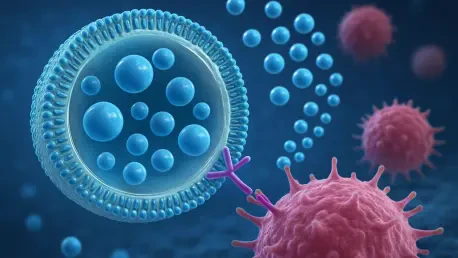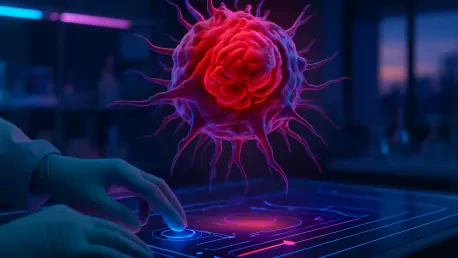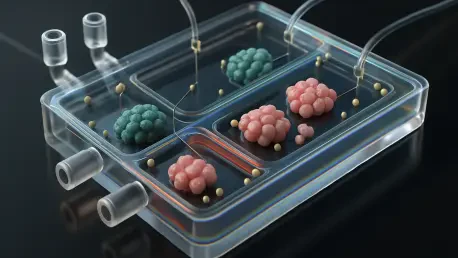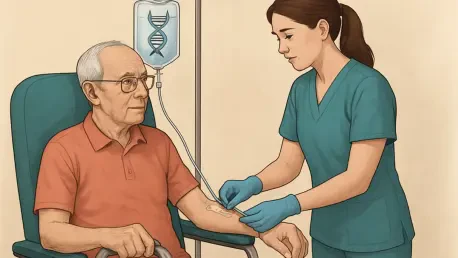
The recent MajesTEC-3 trial data has sent waves through the hematology community, suggesting a potential paradigm shift in how we approach relapsed multiple myeloma. The prospect of moving highly effective bispecific antibodies into earlier lines of treatment brings with it the tantalizing concept

Picture a medical landscape where treatments can slip past the body's toughest defenses, delivering healing payloads directly to diseased cells without harming the surrounding healthy tissue. This isn't science fiction but the tantalizing promise of engineered exosomes—tiny biological couriers that

Diving into the intricate world of cancer biology, we’re thrilled to speak with Ivan Kairatov, a renowned biopharma expert with a profound background in research and development. With a sharp focus on technological innovation in the industry, Ivan has been at the forefront of uncovering how

Imagine starting each day with a steaming cup of tea, a ritual cherished by millions worldwide for its soothing aroma and perceived wellness perks. Yet, beneath this comforting habit lies a complex debate: Is tea truly a health elixir, or does it harbor hidden risks? This roundup dives into the

Every three minutes somewhere in the world, a person with type 1 diabetes calculates a dose of insulin and still lives with the nagging reality that even perfect math will not reproduce the split-second precision of native β-cells. Clinicians point to the autoimmune destruction that erased those

For thousands living with spinal muscular atrophy who aged out of early approvals, the FDA’s greenlight of an intrathecal gene therapy redrew the treatment map and challenged long‑held limits. The authorization of Itvisma, an intrathecal formulation of onasemnogene abeparvovec for patients two